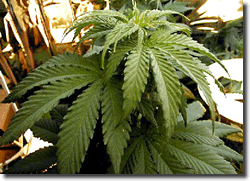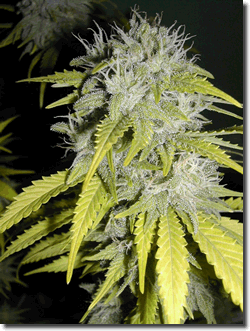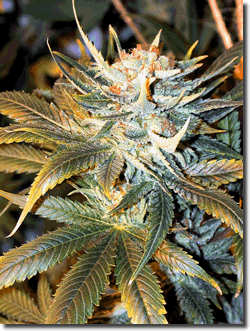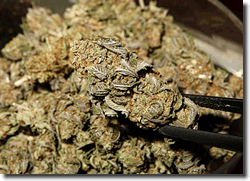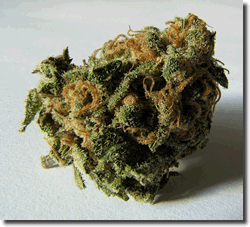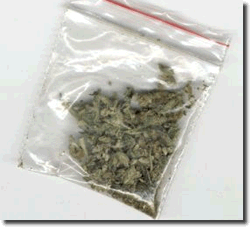About Marijuana
- Types of Marijuana
- Marijuana Effects
- Facts About Marijuana
- Smoking Marijuana
- Dangers of Marijuana
- Marijuana Side Effects
- Marijuana Addiction
- Signs of Marijuana Addiction
- Marijuana Withdrawal
- Marijuana Addiction Treatment
- Marijuana History
- Marijuana Statistics
- Marijuana Laws
- Medical Marijuana
- Teen Marijuana Use
- Signs of Marijuana Use
- Marijuana Legalization
- Cannabis
- Cost of Marijuana
- Marijuana Slang Terms
- Marijuana Pictures


